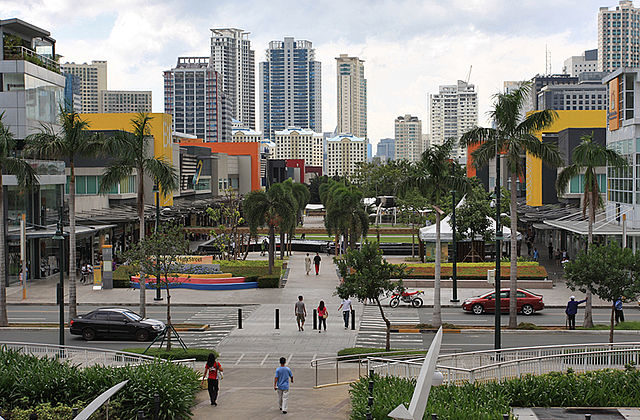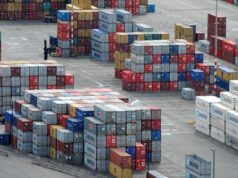Member states of the Association of Southeast Asian Nations (ASEAN) should prioritize making progress on regional initiatives to weather the impact of major economic headwinds this year, according to an academic.
Regional economies must brace themselves for future economic and financial turbulence amid U.S.-China trade tensions and U.S. Federal Reserve interest rate increases, said Dr. Kaewkamol Pitakdumrongkit, deputy head and assistant professor at the Centre for Multilateralism Studies, S. Rajaratnam School of International Studies, Nanyang Technological University, Singapore.
While unlikely to avoid such headwinds, ASEAN member states can nevertheless cushion the impact through regional initiatives, Kaewkamol said in a commentary released last month.
She explained that the current truce between Washington and Beijing may not last, and more rounds of tariff escalations or other trade-restricting measures could be in the offing. This, she said, is because China’s ability to make concessions that fulfil what the Trump administration wants may be overestimated.
“Buying more American products is easy, but implementing measures to address ‘unfair’ trade practices to a degree that satisfies the United States is more difficult to achieve within 90 days,” she said.
On the financial front, additional hikes in 2019 by the U.S. Federal Reserve could trigger capital pull-outs from Southeast Asian countries as investors move funds to seek higher yields in the United States.
“If not well-managed, such capital outflows may instigate financial instability in the ASEAN region,” said the commentary.
It urged ASEAN member states to prioritize implementing regional initiatives including the ASEAN Economic Community (AEC) 2025, ASEAN-Hong Kong Free Trade Agreement (AHKFTA) and ASEAN-Hong Kong Investment Agreement (AHKIA), Regional Comprehensive Economic Partnership (RCEP) and Chiang Mai Initiative Multilateralization (CMIM).
Policymakers should prioritize the complete implementation of the AEC 2025, a regional economic integration project by the 10 ASEAN member states.
“Advancing the AEC 2025 will enable businesses to better tap into the integrated market of over 600 million people, rendering regional economies more resilient to the incoming headwinds,” the paper said.
Southeast Asian governments should also ratify the AHKFTA and AHKIA signed in November 2017 so that these treaties can enter into force in early 2019 as expected. The agreements will enhance cross-border flows of goods, services and investment between ASEAN and Hong Kong, while also enabling further tightening of trade and investment ties with China.
ASEAN authorities should also concentrate on wrapping up RCEP talks. If concluded, this 16-economy free trade bloc will encompass a market of 3.6 billion people that contributes to a third of global GDP. It will cover 29% of global trade and 26% of the world’s foreign direct investment flows.
Concluding the negotiation will create more opportunities for businesses to deepen their supply chains, and provide RCEP economies with another means to diversify their economic relations as the U.S.-China trade spats continue.
Finally, ASEAN nations together with China, Japan and South Korea (ASEAN+3) should advance the CMIM, a regional financial safety net under the ASEAN+3 framework. Launched in 2010, the scheme provides financial support through a network of currency swaps to help ASEAN+3 nations weather their balance-of-payments difficulties.
Because future Fed rate hikes could trigger investor panic leading to financial instability and capital flights in certain regional economies, the CMIM can provide financial assistance to alleviate such problems.
“US-China trade tensions and Fed rate hikes will likely generate undesired effects for Southeast Asian economies this year. Despite the challenges of the above initiatives, ASEAN countries must collectively pursue them to navigate through the coming economic headwinds. Time is running out and policymakers must act fast,” Kaewkamol said.
Photo: alveo land









